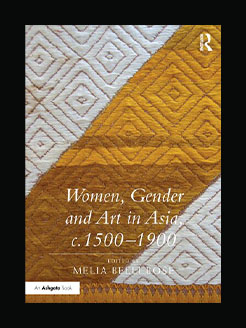Published in 2019
289 pages
Sophia Shalmiyev emigrated from Leningrad to America in 1990. She is a feminist writer and painter living in Portland with her two children. Mother Winter is her first book.
What is this book about?
An arresting memoir equal parts refugee-coming-of-age story, feminist manifesto, and meditation on motherhood, displacement, gender politics, and art that follows award-winning writer Sophia Shalmiyev’s flight from the Soviet Union, where she was forced to abandon her estranged mother, and her subsequent quest to find her.
Born to a Russian mother and an Azerbaijani father, Shalmiyev was raised in the stark oppressiveness of 1980s Leningrad (now St. Petersburg). An imbalance of power and the prevalence of antisemitism in her homeland led her father to steal Shalmiyev away, emigrating to America, abandoning her estranged mother, Elena. At age eleven, Shalmiyev found herself on a plane headed west, motherless and terrified of the new world unfolding before her.
Now a mother herself, in Mother Winter Shalmiyev depicts in urgent vignettes her emotional journeys as an immigrant, an artist, and a woman raised without her mother. She tells of her early days in St. Petersburg, a land unkind to women, wayward or otherwise; her tumultuous pit-stop in Italy as a refugee on her way to America; the life she built for herself in the Pacific Northwest, raising two children of her own; and ultimately, her cathartic voyage back to Russia as an adult, where she searched endlessly for the alcoholic mother she never knew. Braided into her physical journey is a metaphorical exploration of the many surrogate mothers Shalmiyev sought out in place of her own—whether in books, art, lovers, or other lost souls banded together by their misfortunes.
Mother Winter is the story of Shalmiyev’s years of travel, searching, and forging meaningful connection with the worlds she occupies—the result is a searing observation of the human heart and psyche’s many shades across time and culture. As critically acclaimed author Michelle Tea says, “with sparse, poetic language Shalmiyev builds a personal history that is fractured and raw; a brilliant, lovely ache.”







